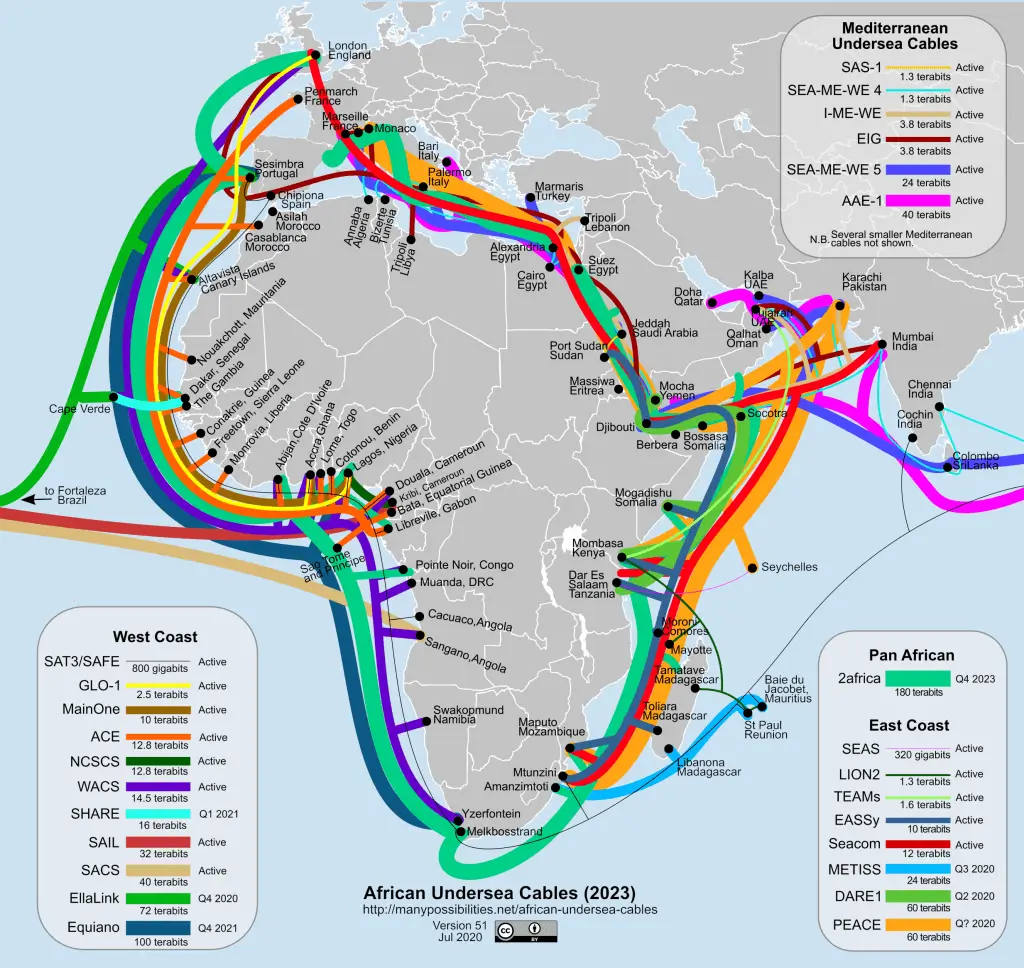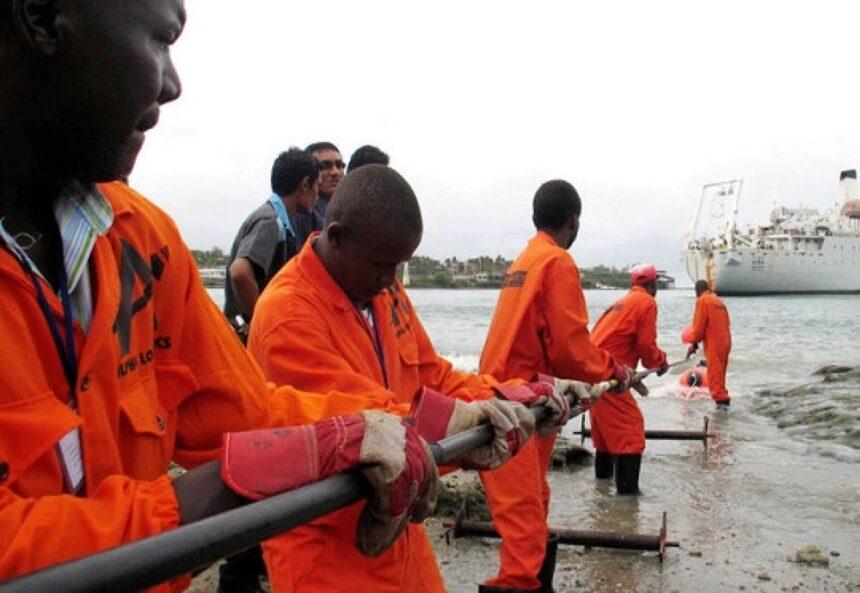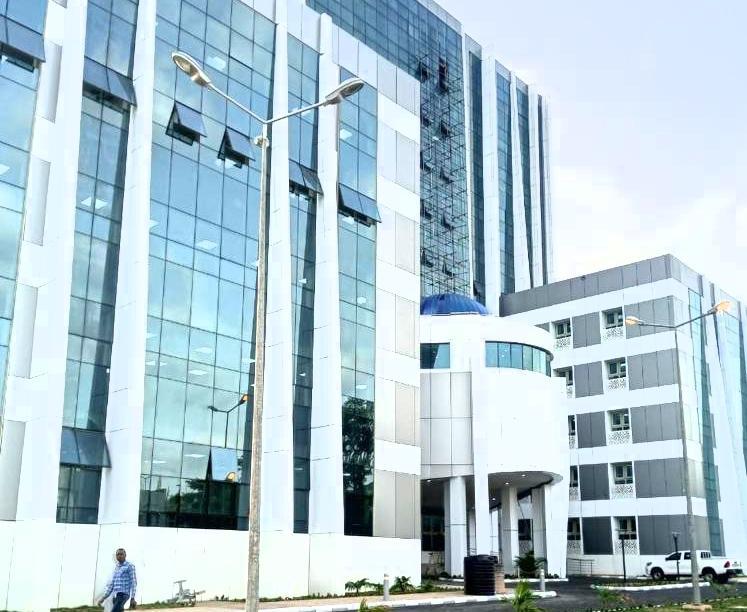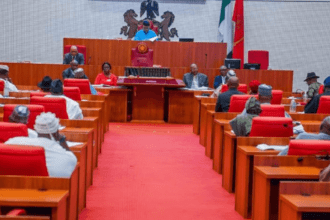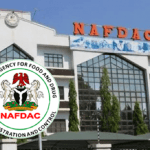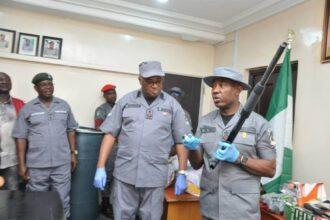Providers of internet services to West and Central Africa, known as undersea cable firms, anticipate that the repairs to their facilities that were discovered last week might take up to five weeks.
On March 14, reports of widespread internet outages in Nigeria, Ghana, Senegal, and Côte d’Ivoire surfaced. These failures caused numerous websites to go down and interfered with online banking activities. While some of the issues have subsided in the days that have passed, internet service will still be sporadic due to a weeks-long schedule for resolving the reason.
The affected countries included Cote d’ Ivoire, Liberia, Benin Republic, Ghana, Burkina Faso, Togo, Cameroon, Gabon, Namibia, Niger, Nigeria, Lesotho, and parts of South Africa.
According to Ghana’s National Communications Authority, the subsea cable landing service providers have remotely identified the approximate locations of the damage and have made preparations to dispatch repair vessels to the location for physical assessment and restoration. The authority however, noted a five-week timeline is estimated “for full-service restoration from the time the vessels are dispatched to the various locations.”
MainOne, a Nigerian cable company with operations in Ghana and Côte d’Ivoire, reported on Monday, March 18, that it had over the weekend restored “stability” to its network after rerouting traffic to other unaffected cables. It had reported the incident as “an external incident that resulted in a cut” on its cable connections off the coast of West Africa. A thorough confirmation of the incident’s nature is still pending.
MTN Nigeria
The damage to undersea fibre cables was earlier reported by MTN Nigeria in late February 2024 in a message it sent to its customers after its network went off across Nigeria for several hours.
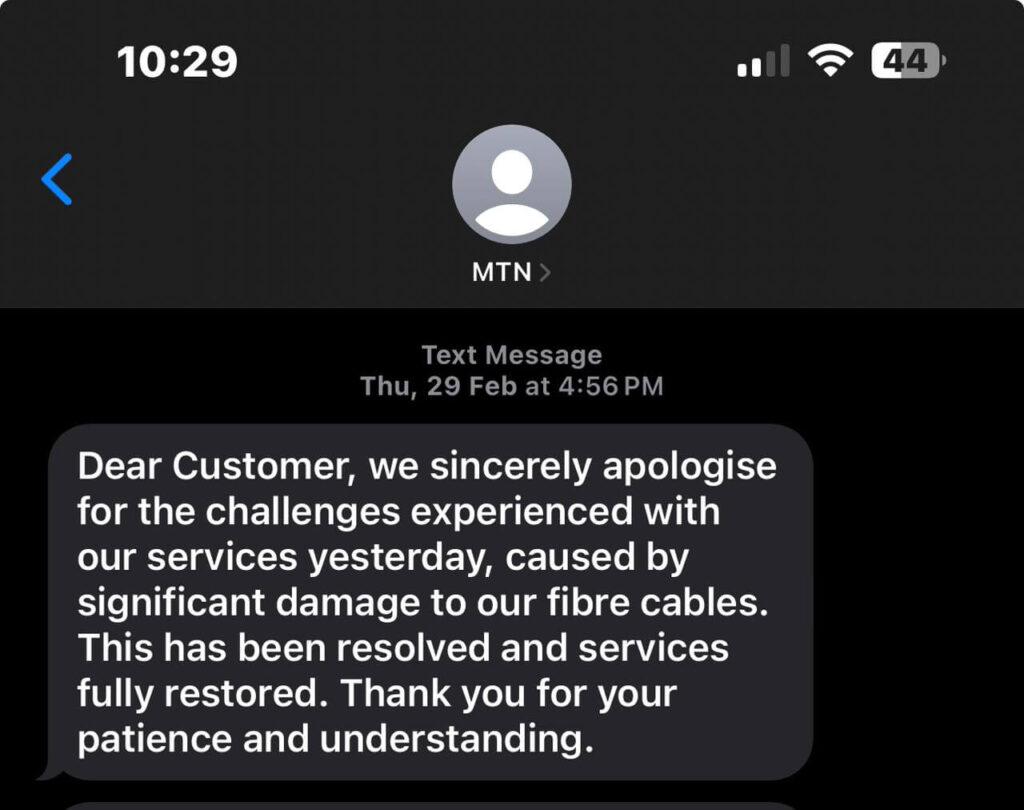
It blamed connectivity issues on undersea cable failures that impacted its network. Though the message read that the issues had been resolved but the internet service since then till the time of writing this article was not fully restored as it reported.
MTN Nigeria sent out a second message today at 6:41pm WAT, where it confirmed that it was still working round the clock towards full restoration.
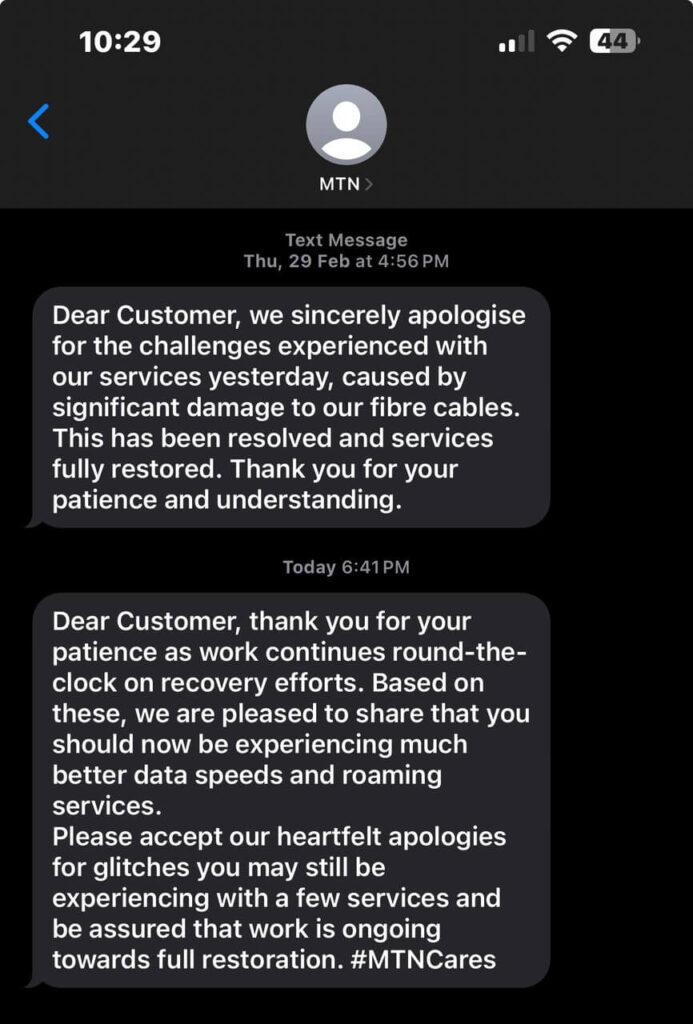
What led to the damage of the submarine cables?
According to MainOne, a West African digital infrastructure service provider, preliminary findings and investigations showed the fault occurred due to an “external incident” that resulted in a cut on its submarine cable system in the Atlantic Ocean offshore Cote D’Ivoire, along the coast of West Africa.
“Most submarine cable faults occur as a result of human activities such as fishing and anchoring in shallow waters near shore, natural hazards such as earthquakes, landslides, and then equipment failure,” MainOne said.
“Given the distance from land, and the cable depth of about 3 kms at the point of fault, any kind of human activity – ship anchors, fishing, drilling etc has been immediately ruled out.
“Our preliminary analysis would suggest some form of seismic activity on the seabed resulted in a break to the cable, but we will obtain more data when the cable is retrieved during the repair exercise.”
Submarine cables and the internet
Fibre-optic submarine cable systems are a critical network infrastructure, which forms the very backbone of the internet. They facilitate the world’s connectivity, and according to a 2018 report by Ofcom Communications, it composes over 98 per cent of all data and voice communications.
The growing popularity of social media platforms and the increasing adoption of cloud computing underpin the importance of the global submarine cable network in today’s fast-moving, data-driven, global digital economy.
The dark side
These string of outages serves as a reminder how reliant the Internet is on undersea cables which are thought to carry more than 90% of all data transmission between continents. The percentage of general use that occurs through satellite networks is quite low. According to Cloudflare Rader, a total of 1,444 landings and 529 active undersea cables, totaling an estimated 1.3 million kilometers worldwide, are either under construction or currently in use.
Reports from several local networks, including South Africa’s Vodacom, MTN in Nigeria, and Celtiis in Bénin, reference multiple submarine cable failures. Microsoft was more detailed, stating on their Azure status page that “multiple fiber cables on the West Coast of Africa — WACS, MainOne, SAT3, ACE — have been impacted which reduced total capacity supporting our Regions in South Africa”. The company also explains that the recent cable cuts in the Red Sea in combination with today’s cable issues, “has impacted all Africa capacity”.
In addition to the impacts to the Microsoft Azure cloud platform, the website of MainOne, owners of the MainOne submarine cable, was offline for several hours. DNS for mainone.net is handled by name servers located in MainOne’s address space. It appears that a portion of the IPv4 address space for AS37282 (MAINONE) stopped being announced between 07:30 and 15:00 UTC, and once this address space was being routed again, both the nameservers and website became reachable.
Africa at arm’s length on satellite use
As at 2019, at least 52 countries in Africa were connected to the cable system, either directly or by terrestrial cross border fibre optics. This number has grown exponentially over the years keeping the African countries at arm’s length on satellite use.
